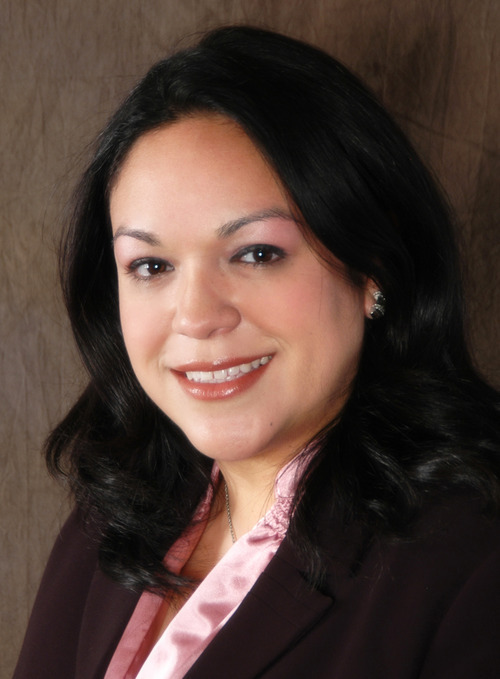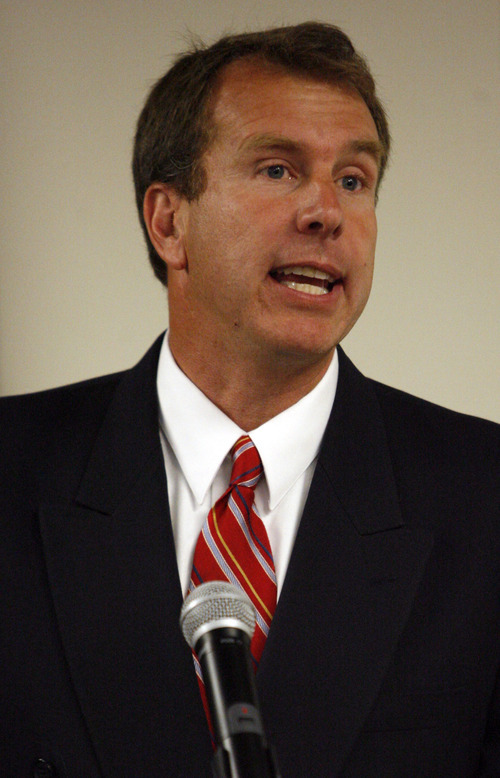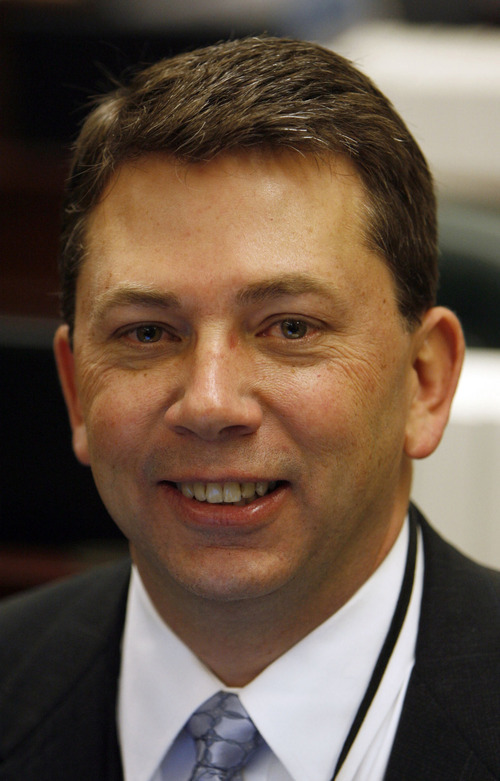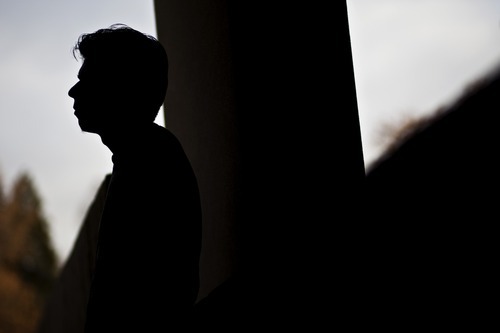This is an archived article that was published on sltrib.com in 2011, and information in the article may be outdated. It is provided only for personal research purposes and may not be reprinted.
Enrique is frustrated and scared. · The Peruvian had pinned his hopes on the DREAM Act, but when the federal legislation failed to pass, he wondered what would happen after he earned his degree in urban planning from the University of Utah. · He said he has kept faith that the decision his mother made when he was 11 to come to the United States illegally wouldn't haunt him as an adult. He has already made sacrifices — including not having seen his father in 10 years.
"Just going to see an R-rated movie and they ask for your ID," he said. "All of my friends aren't worried, and yet I get nervous."
Enrique — not his real name because he fears possible detention and deportation — says the past year has been among the most challenging and scary to live without documents. He points to Rep. Stephen Sandstrom's enforcement-only bill, to the release of names on a list of alleged undocumented immigrants that authorities say was pilfered from the Department of Workforce Services and to a sputtering economy. He looks over his shoulder even more than usual.
Pam Perlich, a University of Utah economics professor, said she's not surprised that fear has been ratcheted up in the community.
"People come in with a point of view, and you look at either of those two things — the bill or 'the list' — and people on one side view these as assaults and it creates fear," she said. "Those who see these things as opportunities to drive them out of the community will see these actions as favorable. But the people most affected are the ones who see these affecting their day-to-day existence."
A lot is shaped by the way that community is viewed. Are they here to work? Are they here to commit crime? Are they here to bleed the system dry by using government services? Are they here to assimilate or take over?
The line in the sand is sharply drawn.
Ron Mortensen, spokesman for the Utah Coalition on Illegal Immigration, believes many of those here illegally have committed crimes of identity theft by stealing a Social Security number to get a job and leaving the victim's ID in tatters. He said it's often kids who are the victims and they can spend years trying to reclaim their identities.
But people such as Michael Clara, chairman of the Utah Republican Hispanic Assembly, sees most of the undocumented residents as working within the existing framework — not intending to destroy another person's identity but instead simply trying to work and provide for their families.
Today, The Salt Lake Tribune endeavors a closer look at a cross-section of the estimated 110,000 people living in the shadows without documents in Utah, with the aim of putting some human context to the immigration debate going on inside the state Capitol. We look into the lives of Enrique, the student; Jorge, the worker; Michael and Gloria, the married couple; and Maria, the convicted criminal now serving time. Immigration reform bills
P Key lawmakers and activists have been meeting to craft a comprehensive approach to immigration reform that may contain some aspects of bills, including:
HB70 • Would require local and state police to enforce federal immigration laws when stopping a person for a crime or traffic infraction. It would be similar to Arizona's proposal.
SB60 • Would require undocumented immigrants living in Utah for longer than two years to get a card that registers them in a system set up by the Department of Public Safety.
HB253 • Would require businesses with five or more employees to register with E-Verify, the federal government's program that tracks the legal status of workers.
HB116 • Would establish a guest worker program for undocumented workers. Applicants would undergo a background check, have insurance and a Utah driving privilege card.











